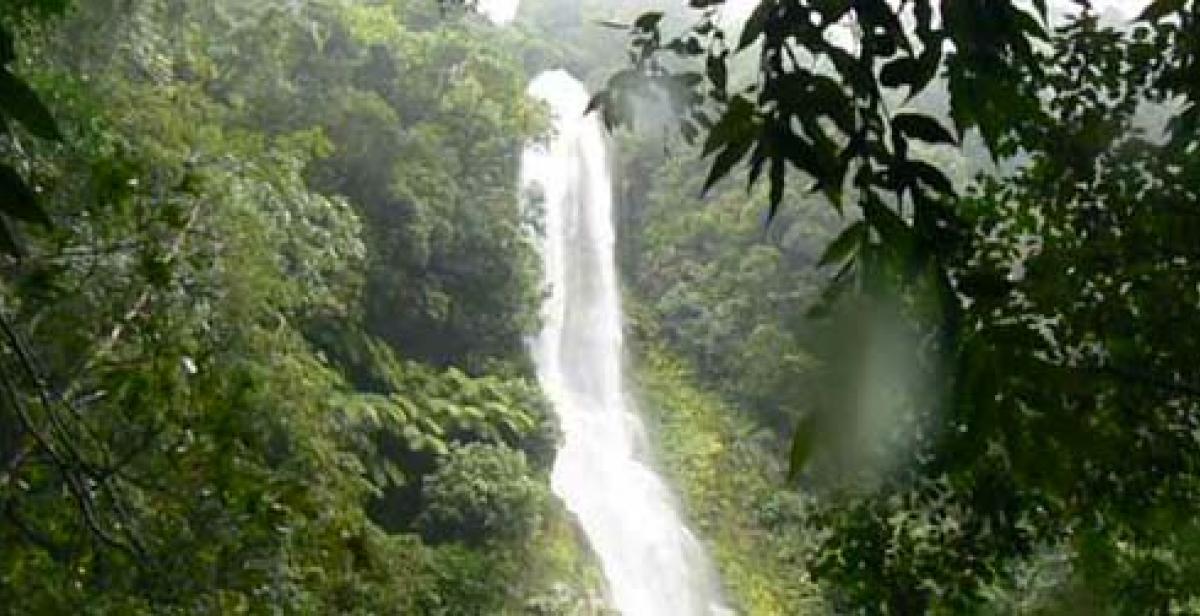“We the communities must fight together to prevent deforestation and secure water”, a yellow card reads on the wall of a school in the El Coco community, Honduras. This is one of the traces left by the last meeting of the Forestry Community Consultation Committee, which was formed within the framework of the 2008 Forestry Law, in this corner of the country’s northern coast.
Erika Tróchez, a teacher and neighbour in El Coco, agrees with the message. “Forests are badly damaged in this area,” she announces. The reason, she adds, is there are people dwelling in the watershed. They work on agriculture, cattle farming, and logging, all major drivers of deforestation.
“In the summer we suffer from a lack of water,” she says. “Last year we spent three months with no water at all in this area where we live. In the winter (the rainy season) water is not that scarce, but it is very polluted. People that cannot afford to buy drinking water drink the contaminated water. And the reason is that these people also carry out all their farming activities with river water from the watershed. They use chemicals that pollute the water.”
Erika supports the Forestry Community Consultation Committee in the village. These Consultation Committees are intended to raise community involvement in the environmental management of their natural resources.
Progressio’s support for the passing of the Forestry Law was crucial. It strengthened the environmental advocacy work of organizations pursuing the attainment of the law.
Since the Forestry Law was passed, Progressio and its partner organisation Popol Nah Tun have promoted its implementation, helping communities to set Forestry Consultation Committees in motion: so far four at the community level and two at the municipality level.
Danilo, a Progressio Development Workers working alongside this community, acknowledges that “a major challenge for the Committees is to get their voices heard by the authorities.” But he is confident that strong community engagement shown in El Coco is bound to translate into health and environmental gains for all. People empowerment is just the first step.
Nuria Zayas is a Progressio development worker working in Honduras
Photo: The spectacular Vine Falls, Honduras. Forests protect water resources, vital to livelihoods. Credit: Dave Tanner/ Progressio.



